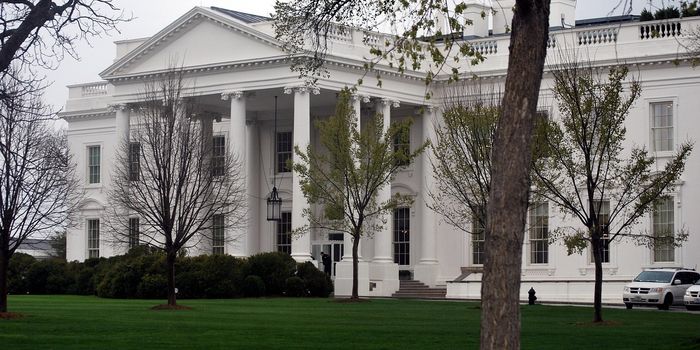Risk Factors that Impact Financial Hardships Faced by Cancer Survivors
The moniker “cancer survivor” encompasses a vast array of individuals who have ever been diagnosed with cancer. Thus, cancer survivors may include those undergoing active treatment, those who have been in remission for years, and even those who received a diagnosis yesterday.
To start with some very positive news, the number of cancer survivors has been growing! Recently published statistics estimate over 18 million cancer survivors currently live in the United States. The rising population of cancer survivors encourages research to develop strategies and policies to help communities, caregivers, families, and healthcare providers better support cancer survivors. Such discoveries remain an important aspect within the field of oncology due in part to their potential broad applicability.
Economic hardships represent one specific challenge faced by many cancer survivors. The financial stressors that exist during cancer care can negatively affect treatment, quality of life, and survival. While public policies, such as the Patient Protection and Affordable Care Act (ACA), have aimed to address financial toxicities by limiting direct costs to patients, significant challenges remain. In some cases, efforts to reduce costs have had a detrimental effect on cancer survivors. For example, the expansion of insurance plans has resulted in increased enrollment in high-deductible health plans, which can worsen financial toxicity for cancer survivors due to the high out-of-pocket costs.
To address the concerns underlying financial hardship among cancer survivors, a team of researchers from the University of Michigan devised a cross-sectional study. The findings, published in JAMA Open Network, represent a crucial step in identifying patients at risk of experiencing adverse outcomes due to economic strain.
Specifically, the researchers sought to identify community factors and structural barriers that led to an individual experiencing negative impacts from financial hardships. The data used for the study came from the 2021 Health Information National Trends Survey (HINTS), a national survey that collects data on the American public’s knowledge of, attitudes toward, and use of cancer-related information.
The researchers classified cancer survivors’ cancer-related financial hardships as not at all, a little, some, or a lot. The analysis considered variables like age, sex, education level, income, insurance coverage, and cancer stage. The study also used The Centers for Disease Control (CDC)-defined “social vulnerability index” (SVI). This classification indicates communities most likely to need support in the face of a hazardous event. SVI considers 15 social factors, including employment, minority status, and disability.
The study included 1,212 individuals, representing over 400,000 cancer survivors. On average, the participants aged 72 years with a median SVI score of 0.41. Notably, most of the cohort had completed college (59.1%), had an annual income above $75,000 (56.5%), and had private or employer-based health insurance (70.5%).
Most participants (56.4%) reported experiencing financial hardships “not at all.” However, 22.1%, 15.0%, and 6.5% reported experiencing financial difficulties “a little,” “some,” and “a lot,” respectively. The study identified several risk factors associated with economic hardships, including younger age (50-59 years), lower income ($35,000-$74,999), advanced cancer stage (non-localized), and federal health care (Medicare). In addition, increasing SVI also correlated with increased odds of experiencing financial hardship.
The authors conclude that about half of cancer survivors experience cancer-related economic challenges. The study identified that those reporting financial hardships disproportionally represented young, socioeconomically disadvantaged individuals with Medicare or Medicaid, and the researchers suggest that this work helps identify socially vulnerable populations. Policymakers and healthcare communities could use this information to provide targeted interventions toward managing financial hardship and empowering them to work towards equitable cancer care.
Sources: J Nat Cancer Inst, Oncol Pract, J Clin Oncol, J Am Col Radiol, JAMA Open Network









